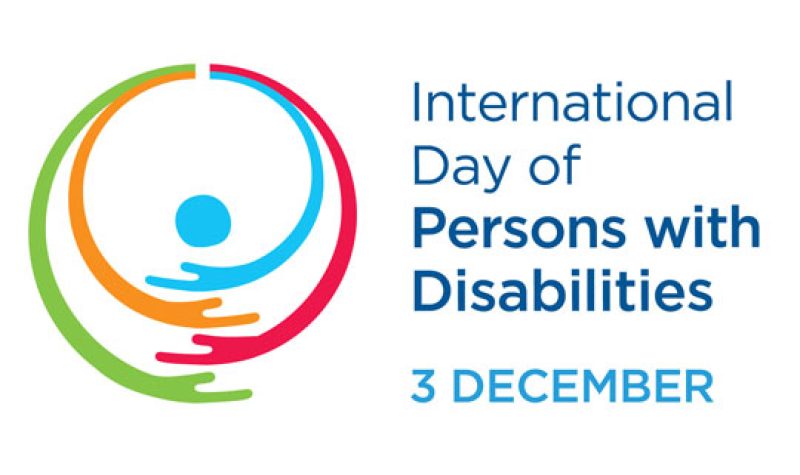Ibiba Yewa (not real name) is a World-class violinist in the making, loves swimming and has autism.
Her mom, Gracie, says she was diagnosed at a year old with the form of autism known as Asperger Syndrome.
The International Day of People with Disabilities has come and gone but have people who fall under this category fared any better since the observance was adopted on Dec. 3, 1992?
The United Nations (UN) says of the one billion population of persons with disabilities Worldwide, 80% live in developing countries and one in every five women is likely to experience disability in her life, while one in every 10 children is a child with a disability.
It is therefore no surprise that persons with disabilities in the world are among the hardest hit by COVID-19 according to the United Nations (UN).
Gracie told CFUV 101.9FM in Victoria, British Columbia (B.C.) ‘’raising a child with disability is twice as hard,’’ ‘’My daughter has autism. She is 24 but has the mental capability of a 15-year-old.
‘’When the lockdown began, I was really worried she would become miserable especially when all her extra-curricular activities had to be cancelled. She plays the violin excellently.
‘’However, we showed her facts and figures, we kept discussing how it affected people from country to country and I think constant communication with her has helped in part because she is not edgy as I feared but is coping well.
‘’Now when I ask her how she feels about everything going on, she tells me `COVID-19 is scary, I just want to stay home’; she is not depressed or sad.
Our coping mechanism:
‘’Another thing is we tried not to cancel all our fun activities together for instance our weekly pizza night. Every Tuesday, we have a pizza night, her big grin when she hears the deliveryman’s doorbell just warms my heart.
‘’We have taken her with us once or twice for grocery shopping but otherwise she stays in her room reading, listening to music or whatever catches her fancy,’’ Gracie says.
To commemorate the Day, the UN Secretary-General António Guterres, says ‘’As the world recovers from the pandemic, we must ensure that the aspirations and rights of persons with disabilities are included and accounted for in a inclusive, accessible and sustainable post COVID-19 world.
‘’This vision will only be achieved through active consultation with persons with disabilities and their representative organizations said on the International Day of People Living with Disabilities.’’
Also, UNESCO marked the Day with a week-long programme from Nov. 25 to Dec. 3 under the theme: "Building back better: towards an inclusive, accessible and sustainable post COVID-19 world by, for and with persons with disabilities".
A few victories for the disabled in B.C. include a recent tribunal judgment upheld in favor of blind pedestrians.
The victory came after a complaint, submitted by the Canadian Federation of the Blind, underscored the hazards blind people face when crossing bike lanes to access floating bus stops on some major streets.
The Accessible Canada Act is a legislation to improve accessibility for all Canadians with disabilities.
There are B.C. programs and services for people living with disabilities, offered through government, crown agencies and corporations that have funding of more than $5 billion each year.


